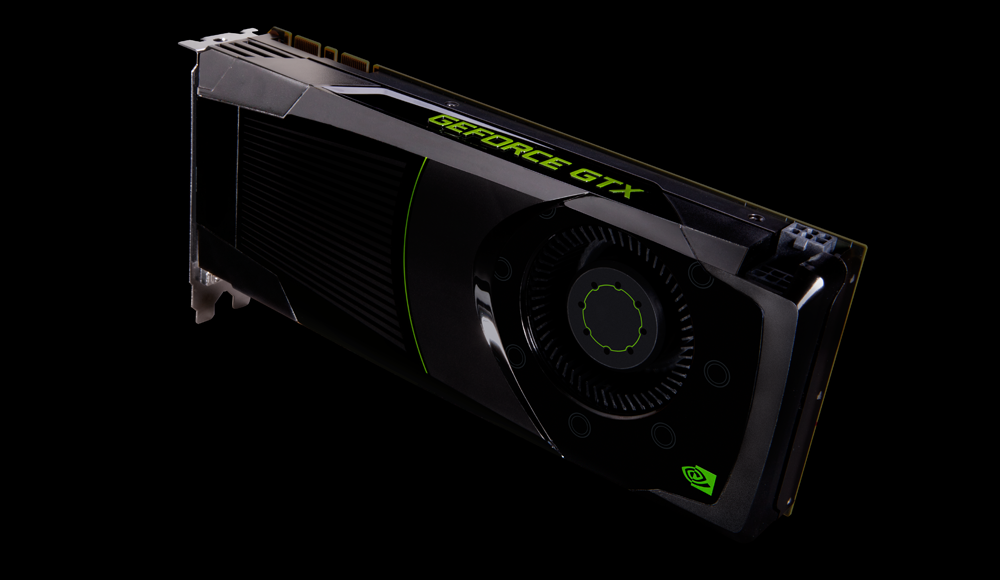
- Will the cuda driver affect my gaming performance drivers#
- Will the cuda driver affect my gaming performance update#
Alternately, it suggests some other variable in play that hasn’t been accounted for in the YouTube video above. This could be a result of polling errors in the utilities being used to gather this information. 4-6 percent clock speed differences are associated with 8-15 percent performance shifts. Apart from Kingdom Come: Deliverance, the gap between the reported GPU clocks is about half the size of the performance improvement. The results in this video show the opposite, in almost every case. It therefore follows that the expected impact of reducing clock is a linear-to-sublinear reduction in performance. The expected result from a linear clock speed increase is a linear-to-sublinear improvement in performance. This is expected because there’s always the chance that a benchmark is slightly limited by some other aspect of the system. Increase the GPU core and memory clocks by 10 percent, and a game’s performance may only improve by 6-8 percent. GPU clocks and performance results do not typically move in lockstep. These gaps are present in almost every title, at any given moment of measurement. A nearly 20 percent momentary performance difference is shown to correspond to a 6.6 percent clock variation, with the older card running nearly 10 percent slower overall. The clock speed gap, current FPS difference, and the average FPS score across the benchmark run do not agree with each other. There’s another point I want to bring up: These numbers are a little odd as far as the implied relationship between clock variation and actual observed performance.įrom Testing Games. The RAM clock is supposedly locked to an effective 7GHz (14Gbps) across both cards. The clock gap as measured in-game is on the order of 3-5 percent (it varies depending on where you are in the run), while the performance variation varies by 8-12 percent. The newer GPU is also often faster than the older GPU than the difference in its clock speed would indicate. Micro-timings and VBIOS updates can introduce their own performance changes. If these are two different GPUs, we also don’t know if they use an identical VBIOS version or if they use exactly the same brand of RAM. It is possible that some of the variance between the two GPUs reflects SoC quality. The official boost clock on the MSI Gaming Trio X is 1755MHz, which means both GPUs are shown running above this specification. It could be that the newer card fielded a better core, allowing for higher base performance, and effectively invalidating our ability to derive any useful information from this comparison. The wide use of Turbo clocks in GPUs and CPUs today allow for variations in binning that can impact the final result. Second, these are two different cards rather than the same GPU tested before and after being used extensively for mining. This alone could account for the higher temperatures and lower clocks on the used card, no explanation needed. Dust is an absolutely magnificent insulator and enough of it will easily destabilize a gaming rig. This would seem to be an open-and-shut demonstration of the fact that mining can wear out a GPU, but there are some problems with this analysis.įirst, the authors don’t appear to have re-pasted or dusted the used GPU.

Spot checks of various games show that the used RTX 2080 Ti runs 15-20 degrees hotter than the new card, uses somewhat less power, and hits a lower maximum clock speed. The MSI Gaming X Trio GPU card used for crypto mining for the past 18 months is typically about 10 percent slower than the new MSI Gaming X Trio GPU that hasn’t been used for mining. Testing Games runs a suite of games, including Assassin’s Creed Valhalla, Battlefield V, Cyberpunk 2077, Forza Horizon 4, Horzion: Zero Dawn, Kingdom Come Deliverance, Mafia Definitive Edition, and Red Dead Redemption.
Will the cuda driver affect my gaming performance update#
If your system has Mesa drivers, we recommend that you update your driver to be newer than Mesa 10.5.x.At first glance, the findings seem equivocal.

If you're running an AMD graphics driver version older than 14.301.1001.0, you should update your graphics driver to prevent your system from crashing while running the engine.
Will the cuda driver affect my gaming performance drivers#
Please refer back to our list of supported graphics drivers in order to verify that your graphics driver will work properly with the engine.

If you're running an NVIDIA graphics driver version older than version 347.09, consider updating your graphics driver to prevent your system from crashing while running the engine. If you want to get the most out of UE4 while maintaining hardware performance, please make sure to update your graphics driver appropriately. Graphics drivers are typically provided by manufacturers for testing and integration with UE4. Latest version of the AMDGPU-Pro Driver for Linux. 372.70 is not supported as of UE4 version 4.13.


 0 kommentar(er)
0 kommentar(er)
